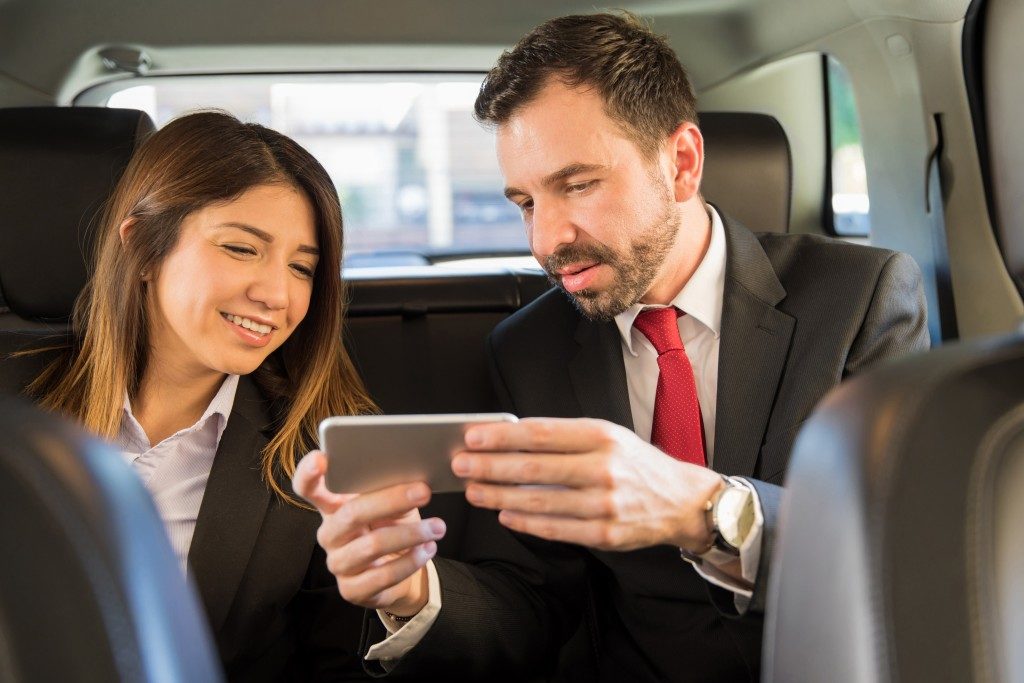Ride-sharing apps have been providing convenience for residents all over the world. Since Uber’s founding in 2009, other ride-sharing apps such as Lyft have started becoming available in the U.S. and in other countries. People have been loving the benefits of being able to hail a ride using only their smartphones.
As comforting as ride-sharing can be, it comes with risks, like all other modes of transport. The most common risks associated with vehicles are accidents. In Los Angeles, for example, experienced Uber accident lawyers can provide legal assistance to people who are involved in ride-sharing incidents. Cases like this are known as personal injury, and there are lawyers who specialize in this case.
Safety risks associated with public transport and ride-sharing have already been widely discussed, so what are the other risks drivers and passengers face that may lead them to an event in which legal services would be necessary?
1. Insurance and Other Financial Risks
Drivers must consult or inform their auto insurance providers about the purposes of their vehicles. Some insurance companies do not allow the use of personal vehicles for business, which may make them deny claims in undesirable circumstances, or worse, cancel the policy.
This problem occurs because some ride-sharing drivers use their cars both for both personal and business use, and these uses have different insurance coverage. When the drivers aren’t at work, their insurance coverage is their personal auto policy. At work, when the driver is actively accepting passengers, they are covered with the transport network’s company policy.
Another financial risk faced by drivers is that they don’t get the benefit of financial assistance from the ride-sharing company when they get injured from an accident. Because they aren’t official employees, compensation for health issues aren’t given to them.
Since the cars are the driver’s personal property, they cover all the expenses for gas and vehicle maintenance, despite using it for work. When prices of Uber fell, the company increased the percentage they took to 20%, which added a burden to drivers.
Lastly, because of the increasing mileage taken up by the vehicle, it loses its value quicker than normal, so drivers won’t benefit much in case they decide to sell it.
2. Health Risks
 Medical experts said that a shared vehicle’s backseat could have more germs than a toilet seat and sitting in the front passenger seat could be safer. A study revealed that vehicles used in ride-sharing apps have approximately 219 more germs as an ordinary taxi, which is regularly cleaned. This makes those seats about three times dirtier than toothbrush holders and no less than 35,000 times dirtier than a toilet seat.
Medical experts said that a shared vehicle’s backseat could have more germs than a toilet seat and sitting in the front passenger seat could be safer. A study revealed that vehicles used in ride-sharing apps have approximately 219 more germs as an ordinary taxi, which is regularly cleaned. This makes those seats about three times dirtier than toothbrush holders and no less than 35,000 times dirtier than a toilet seat.
Passengers should watch out for window buttons, which have about 5 million germs, seat belts with around 1 million, and door handles in which germs are estimated to be at least 1,810. Though the study isn’t a scientific examination, the figures are alarming.
Even if most germs aren’t harmful to humans, sharing a ride with someone who’s sick may put healthy passengers at risk, too. Passengers who suffer from colds and flu may have aggravated symptoms, as car germs may spread cold and flu viruses, along with the norovirus that causes gastrointestinal diseases.
Because ride-sharing companies offer no aid in these scenarios, prevention is the best solution. Being seriously ill is a costly consequence of carelessness. Drivers should clean their cars regularly to keep these germs under control, while passengers should always disinfect their hands before and after taking a ride-sharing vehicle.
No matter how many solutions there are to a problem involving ride-sharing, responsibility and awareness are the most important values that we should take with us when we take an Uber or a Lyft, or drive for one of them. Even if legal assistance is easily accessible in certain circumstances, being informed about these risks could help you avoid a lot of unpleasant surprises and stress. In case you get involved in an accident, you should call a lawyer to know your rights and see if you can file an auto accident injury claim.
